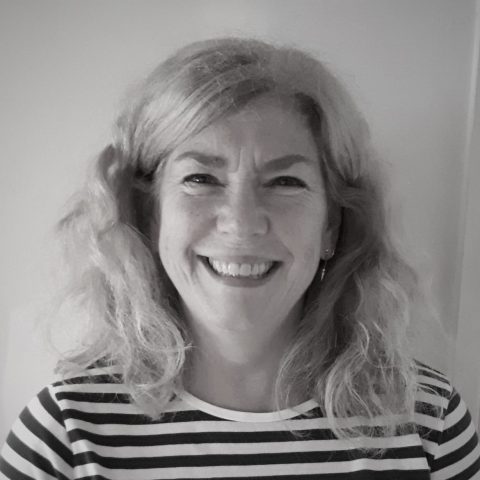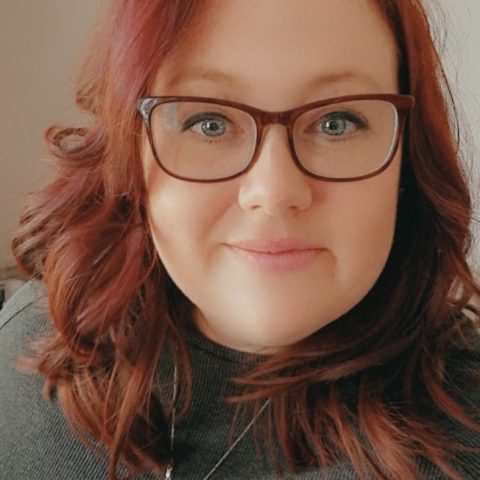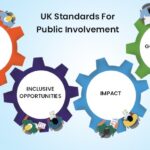Your experiences and ideas could change the lives of others.

Our research can’t happen without the involvement of people out there in our communities – from all walks of life, and from all age groups.
We have many opportunities for members of the public, service users, carers, patients, families and local communities to get involved in our research activities.
We will offer regular training and support, payment for your time (agreed in advance) and cover reasonable expenses.
You can make a difference by supporting research that improves the health, care and wellbeing of people across the region.
To get involved you don’t need any special or previous knowledge. You just need an interest in health and social care research, some time to spare. and a willingness to share your thoughts and ideas with us.
Sometimes we need service users, carers or other members of the public with certain types of experience for a research study. This might include people with a particular health problem, who have had particular treatments or used specific services, or are from a particular social group or particular geographical area.
What is public involvement?
Public involvement is about researchers working in active partnerships with members of the public.
It is about research being carried out with or by members of the public, rather than to, about or for them.
The term public includes service users, carers, families, patients, potential patients, and people who use health and social care services, as well as people from organisations, such as community groups, that represent people who use services.
You can be any age, as we want to work with children and young people, parents, working age people and older people.
What does public involvement include?
Involvement is different to engagement (sharing information and knowledge) or participation (where people take part in a study as subjects)
As the name suggests, it means being more involved in the research itself, for example by:
- Identifying research topics and questions of importance to members of the public,
patients and service users - Offering advice and feedback as a member of a project’s steering group or a public
involvement group - Helping to develop materials such as information sheets, interview guides or
questionnaires - Carrying out interviews with research participants
- Helping to share research findings and get research evidence into practice.
Here’s what some of our public contributors say about working with us
Seeing someone take on board (what you have said) and feed it back (via the video) is very powerful and impactful. It’s more powerful than a written piece of paper.
They wouldn’t have got it on their own, they need the experience behind it.
When people do research and it’s not about them, it’s just guessing.
It’s been really worthwhile getting involved.
It’s valuable, I’ve gained that knowledge.
It’s been a lovely project to be part of. I’ve felt very valued
What is community engagement?
As part of our strategy to engage with local communities, we are developing a number of opportunities to engage with organisations and groups across the North East and North Cumbria.
We want to develop an ongoing conversation with communities to ensure that we have good sustainable reciprocal relationships that will help us to develop and conduct health and social care research that has a real impact on individuals and communities.
At the moment, we are developing work with ethnically and culturally diverse community groups, we are working in partnership with researchers to develop work with British Sign Language (BSL) users, with an LGBTQ+ group, with learning disabled adults, and with people and communities.
Opportunities to get involved
We have established a Public Advisory Network – which is a group made up of individuals who attend in their own right, and representatives from small community organisations. The group meets quarterly and helps to shape and advise our work.
Anyone is welcome to join, there are no strict criteria. The group is also offered other opportunities to get involved in events, meetings and research projects, and members receive a weekly e-bulletin with updates on events and activities.
We also have a Young Public Advisory Group which is a group of young people who meet regularly and are also involved in our events and activities.
For any information or details about either of these groups or dates of the next meetings please contact [email protected]
Piloting a new approach to evaluating PICE impact
We delivered a pilot project to evaluate the impact of public our involvement and community engagement activities.
This is called the Dialogue and Change Award – find out more here.
Resources

Get in touch


Working with children and young people
Follow the link below to find out more about involving children and young people in research




